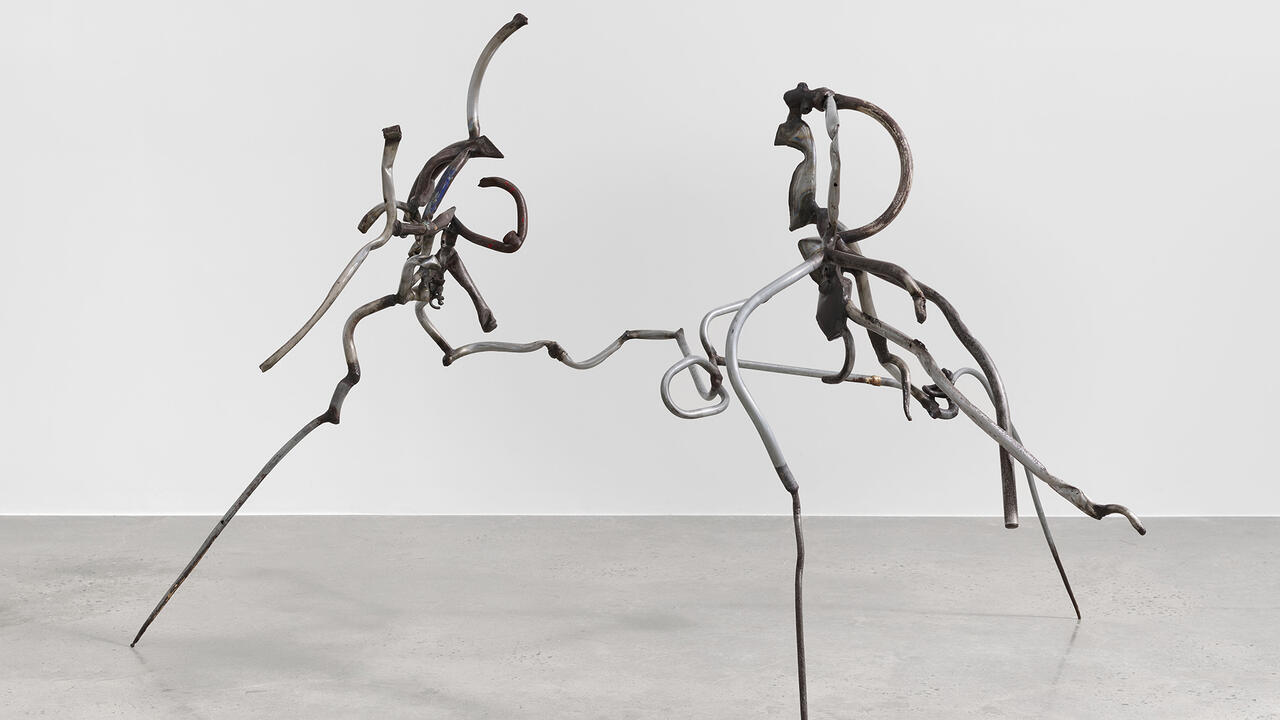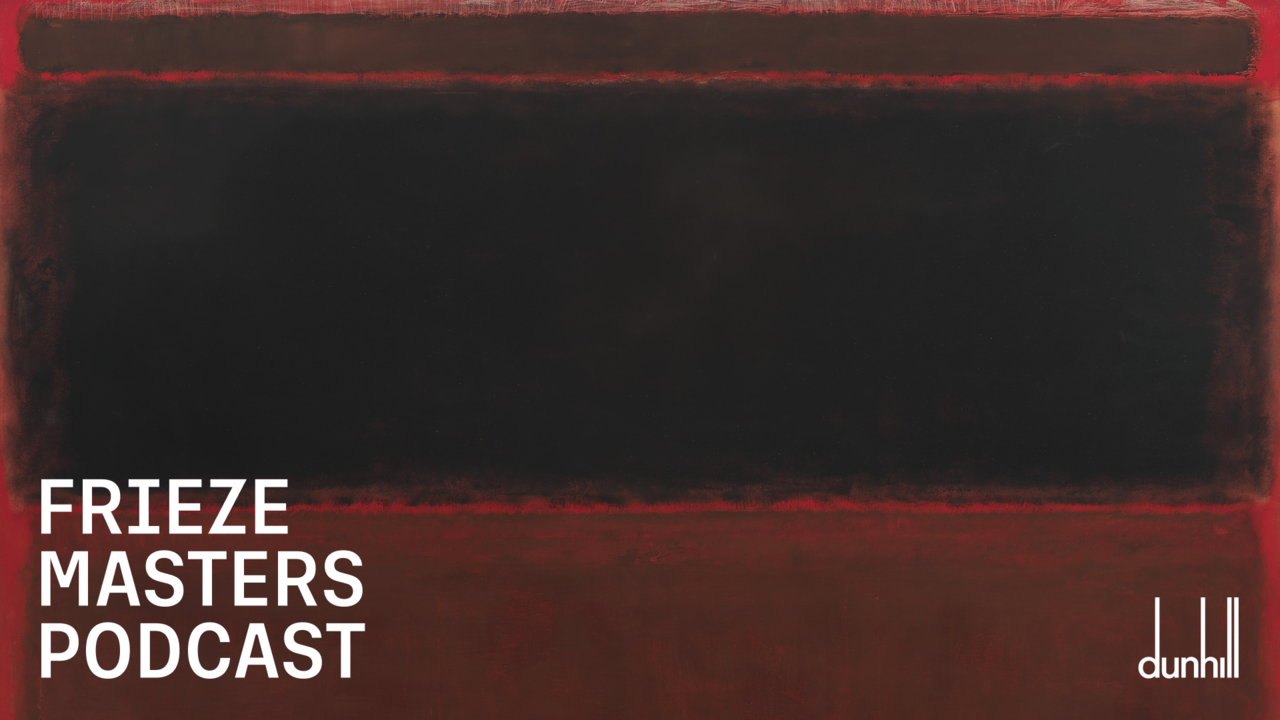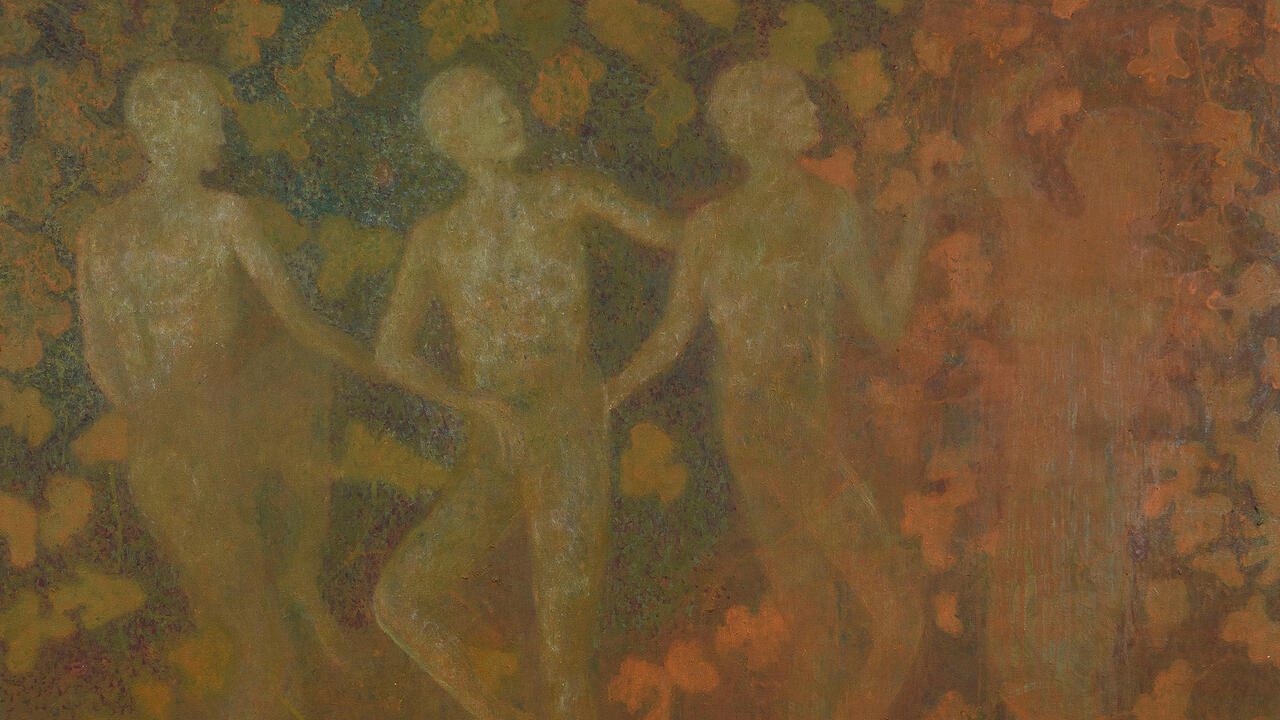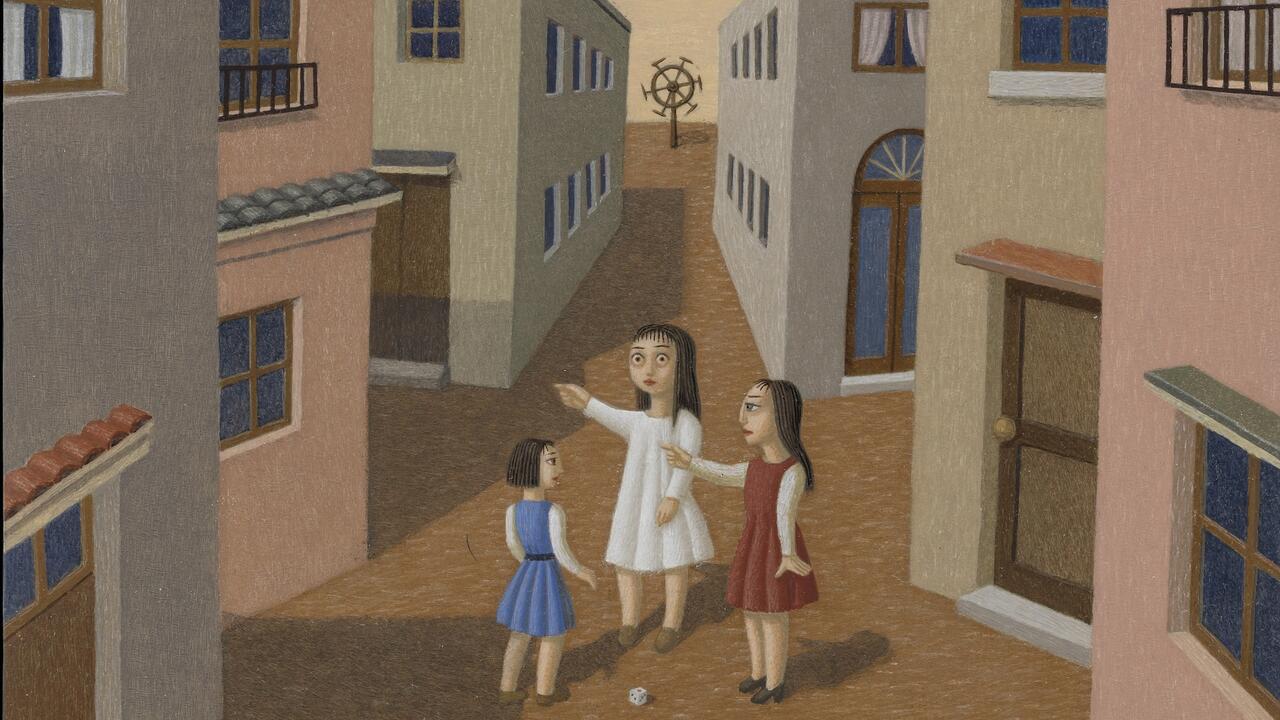Some Rules
Thirty-five forms of contemporary creation, or how to identify an art work
Thirty-five forms of contemporary creation, or how to identify an art work
1 The work has no beginning or end.
2 The work is fragments of, or plans for, some other larger work, which nowhere appears as such.
3 The work is made by somebody else.
4 The work is its own creator.
5 The work is a hoax, a prank, a jest; the artist is a charlatan, a trickster, a con artist.
6 The work represents, allegorizes, recounts its own failure to achieve or realize itself as a work.
7 The work represents, allegorizes, recounts the artist’s fundamental refusal to work.
8 The work is identical to everything else.
9 The work belongs to some other time period: the future, the past, an alternate present, an alternate future or past. The work is not contemporary.
10 The work negates classical values: beauty, truth, meaning, order, etc.
11 The work negates romantic values: Liebestod, transgression, decadence, etc.
12 The work affirms postmodern values: communication, participation, rhizomatics, etc.
13 The work is a public relations campaign for something else.
14 The work is an accident.
15 The work is a remixing, reframing, rearranging, re-editing of pre-existing works.
16 The work is a remake of another work that is better than it.
17 The work documents some event, occurrence or episode.
18 The work documents some event, occurrence or episode, which is fictional.
19 The work is some event, occurrence or episode.
20 The work is the rumour of itself.
21 The work denounces, rejects, reviles an earlier work by the same artist.
22 The work is a witticism.
23 The work is a piece of fashion.
24 The work is by a celebrity.
25 The work is about a celebrity.
26 The work was made using, or is available exclusively on, the Internet.
27 The work is for the artist’s PhD.
28 The work is not shown.
29 The work is not made.
30 The work does not work.*
31 The work is an experiment.
32 The work includes a lot of documentation that has nothing to do with the work.
33 The work is selected to participate in another work.
34 The work looks like a show.
35 The work is about Nothing.
* A subtle dig at Heidegger.














